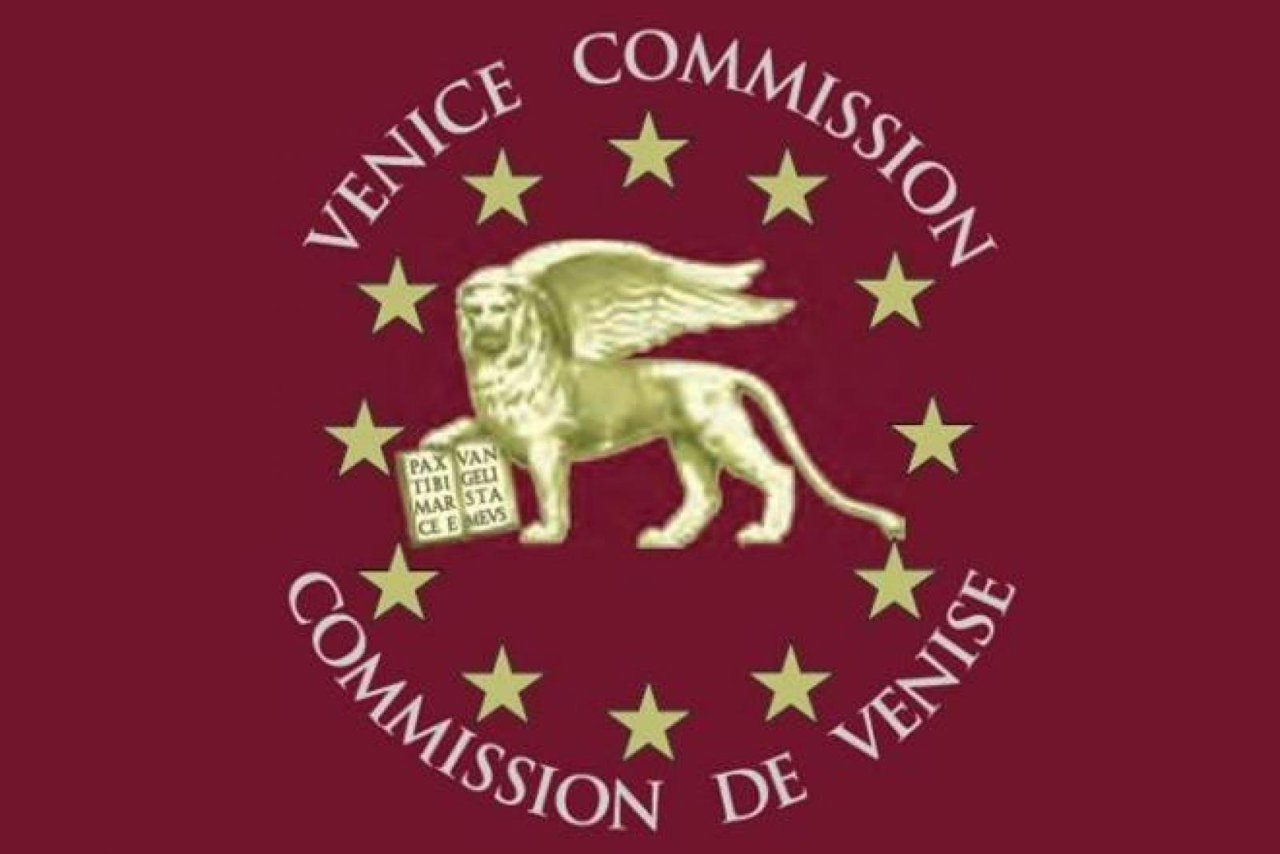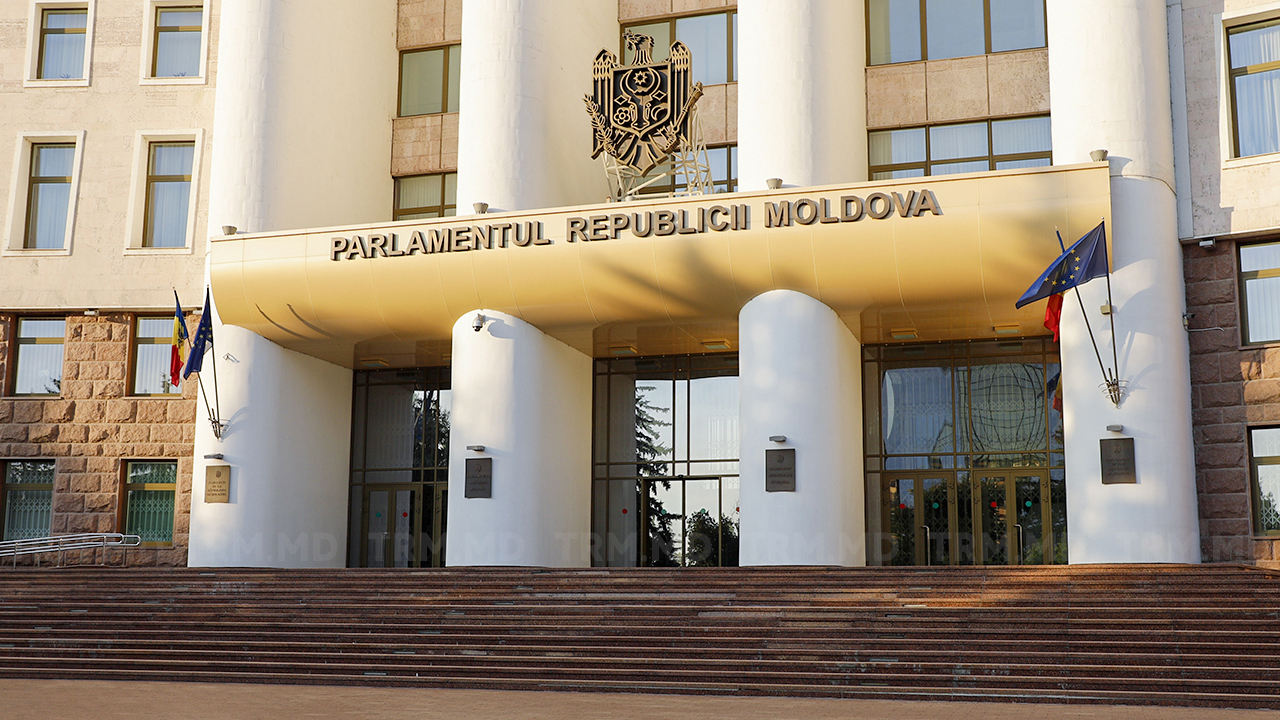Moldova vote: Venice commission flags concerns
The Council of Europe's Venice Commission has cast doubt on the legality and timing of Moldova's recent electoral reforms, expressing concerns about potential manipulation and advocating for stricter criteria for candidacy limitations.

In an official opinion, the Commission acknowledged positive aspects of the October 2023 amendments, including a reduced ban on candidacy (from five to three years) and a more individualised approach to sanctions. However, they emphasised concerns surrounding the reforms' hasty implementation just before the local elections, stating: "The timing of the amendments, adopted two days before candidate registration and a month before the elections, raises concerns about potential manipulation of the electoral process."
The Commission further urged Moldovan authorities to refine the criteria for limiting candidacy rights, suggesting they should "be applied only to individuals whose activities have demonstrably endangered the Constitution or the integrity of the democratic state, or who have pursued the illegal objectives of unconstitutional parties."
These recommendations resonate with criticisms raised by both domestic opposition and international observers. The reforms stemmed from the June 2023 Constitutional Court decision outlawing the "Șor" party, prompting Parliament to impose temporary election restrictions on certain party members and officials. While a specific article pertaining to these restrictions was subsequently struck down by the Court, Parliament reintroduced a narrower set of limitations.
The Venice Commission's opinion carries significant weight and could put pressure on the Moldovan government to re-evaluate the contested reforms. By advocating for greater clarity, stricter criteria, and improved timing, the Commission's recommendations offer a framework for ensuring a more transparent and inclusive electoral process in Moldova.
Translation by Iurie Tataru





